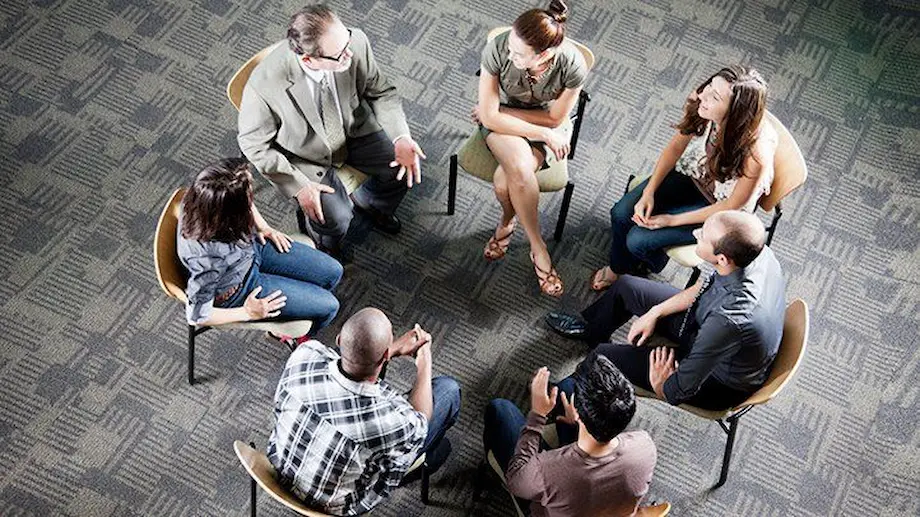24/7 Helpline:
(866) 899-221924/7 Helpline:
(866) 899-2219
Learn more about Aftercare Support centers in Marion
Aftercare Support in Other Cities

Other Insurance Options

Cigna

Coventry Health Care

Ambetter

Providence

Sliding scale payment assistance

Amerigroup

Carleon

Health Net

BlueShield

BHS | Behavioral Health Systems

Kaiser Permanente

Health Partners

AllWell

Group Health Incorporated

Private insurance

CareSource

Meritain

Holman Group

United Health Care

EmblemHealth














































































